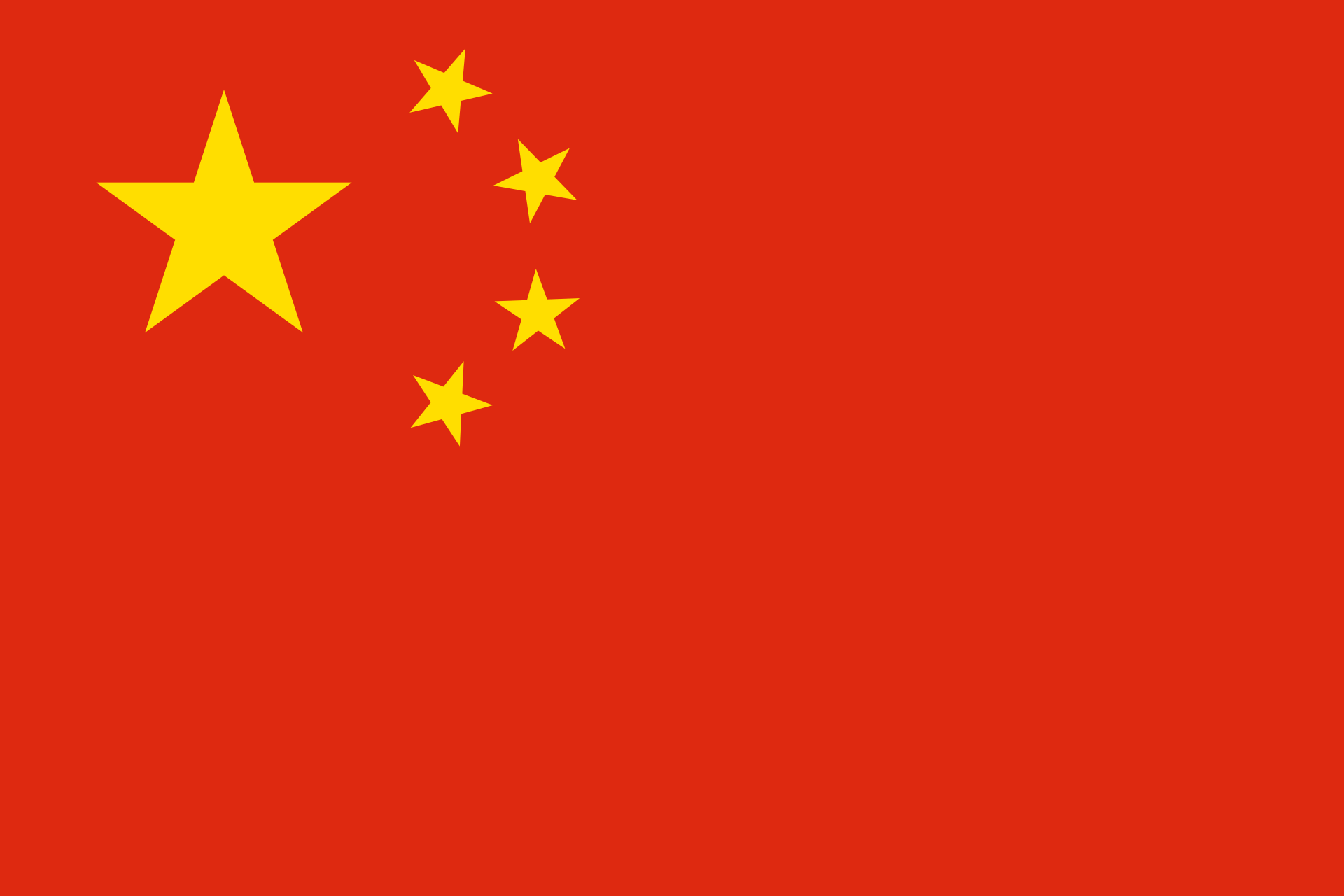Darangen epic of the Maranao people of Lake Lanao
© J. Uñalivia/NCCA-IHCThe Darangen is an ancient epic song that encompasses a wealth of knowledge of the Maranao people who live in the Lake Lanao region of Mindanao. This southernmost island of the Philippine archipelago is the traditional homeland of the Maranao, one of the country’s three main Muslim groups.
Comprising 17 cycles and a total of 72,000 lines, the Darangen celebrates episodes from Maranao history and the tribulations of mythical heroes. In addition to having a compelling narrative content, the epic explores the underlying themes of life and death, courtship, love and politics through symbol, metaphor, irony and satire. The Darangen also encodes customary law, standards of social and ethical behaviour, notions of aesthetic beauty, and social values specific to the Maranao. To this day, elders refer to this time-honoured text in the administration of customary law.
Meaning literally “to narrate in song”, the Darangen existed before the Islamization of the Philippines in the fourteenth century and is part of a wider epic culture connected to early Sanskrit traditions extending through most of Mindanao. Though the Darangen has been largely transmitted orally, parts of the epic have been recorded in manuscripts using an ancient writing system based on the Arabic script. Specialized female and male performers sing the Darangen during wedding celebrations that typically last several nights. Performers must possess a prodigious memory, improvisational skills, poetic imagination, knowledge of customary law and genealogy, a flawless and elegant vocal technique, and Read more about this element on the UNESCO Intangible Cultural Heritage website.










